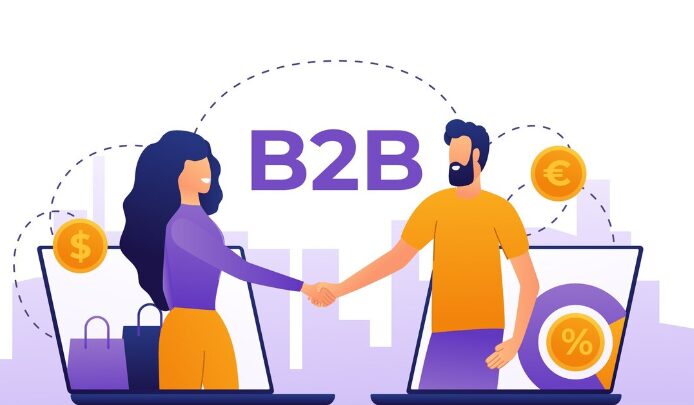Consumer brands like Nike and Apple have achieved significant success through marketing campaigns that helped convey key messages using relatable stories. These stories not only engage audiences but also strongly position the brand in the minds of consumers.
Research shows that 50% of all buyers would choose an emotionally connected brand over one without an emotional connection, even without a price comparison. Of course, some rational component drives decision-making, but the emotional one is real and worthwhile through your marketing.
Stories give life to any brand, and even a new product press release can create an emotional bond with the audience.
Here are some of the reasons why B2B marketers need to implement storytelling in their marketing material:
Humanizes the Brand
B2B marketing is characterized by very complex products and services. Brand storytelling personifies a brand, makes it relatable and engaging. Through stories about the people behind a company, the challenges they have faced, and the successes they have made, a brand can create an emotional connection with the audience.
Differentiates the Brand
In a crowded marketplace, being different is essential. A branding story becomes the differentiator, setting a business apart from others by bringing out that extra element that distinctly makes it special through its values, mission, and vision. It should be done in a way that potential clients can understand why this brand is special and why they should choose it over others.
Builds Trust and Credibility
Another major element in B2B relations is trust. A well-told brand story can establish domain expertise, reliability, and commitment towards clients. This will strengthen the credibility and reliability of a brand through stories of successful projects, testimonials by clients, and various other case studies related to the brand.
Simplifies Complex Information
B2B services and products come with technical and complex elements. Storytelling simplifies information into a more digestible and engaging format. The benefits and applications of the product or service can be shown with the help of a story in a real-world situation.
Engages the Audience
Storytelling in itself is engaging. It grabs the attention of your audience and retains them. B2B marketing is a time-consuming affair and often involves multiple decision-makers. Retaining interest through the journey is essential, and that’s where a good brand story comes in.
Enhances Brand Recall
Stories stick, whereas facts and figures are often quite forgettable. A memorable brand story will ensure high recall, so potential customers will think of your company whenever they need products or services. This is why brand storytelling is particularly relevant in B2B markets, where purchase cycles are long and clients take months to decide on purchases.
Drives Emotional Connection
Decisions aren’t solely rational, even in B2B markets. Emotions are always a part of the process. A strong brand story elicits emotions like inspiration, trust, or confidence in a prospect’s decisions. This emotional connection is often the key differentiator that sets your company apart when prospects are deciding between products or services.
Supports Content Marketing Efforts
A strong brand story underlies every form of content marketing, whether through a blog post, social media update, or video, ensuring consistent messaging across all marketing materials. This consistency will drive home the personality and values for which the brand stands.
Encourages Advocacy and Loyalty
An effective storytelling brand attracts prospects and inspires brand loyalty in existing ones. When the story resonates with clients, they’re more likely to share positive experiences with others and become evangelists, spreading the good word about the business.
Aligns Internal Teams
Brand storytelling is not just for external audiences; it also helps with internal teams. The more your employees understand and believe in the story of your brand, the more motivated and engaged they will become. Internal alignment makes sure everyone works toward the same goals within the business and delivers a consistent brand experience for its clients.






